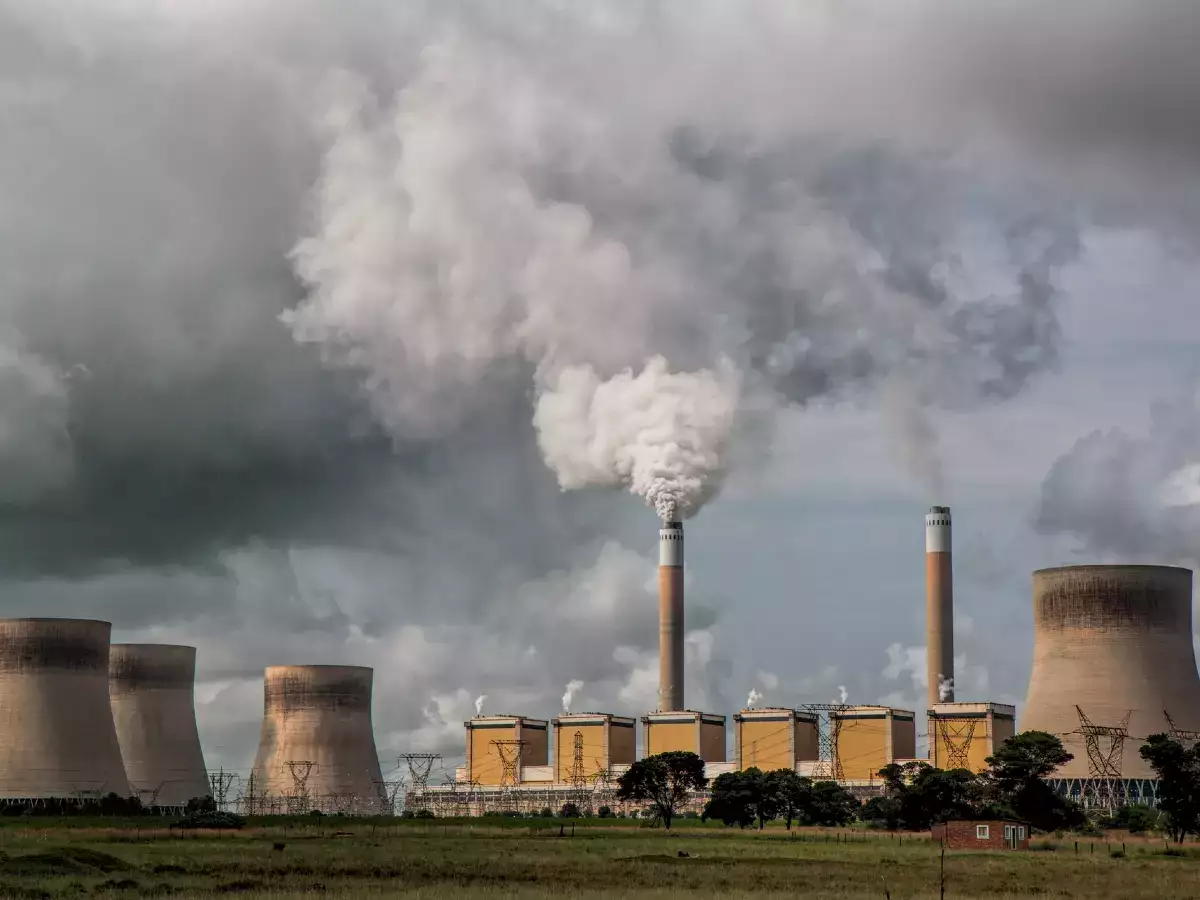New Study Reveals Our Carbon Budget Rapidly Depleting, Threatening Global Warming Goals
In an alarming development, scientists have found that our carbon budget, which measures the volume of carbon dioxide emissions that can be released without exceeding temperature limits set the Paris Agreement, is rapidly depleting. The study suggests that there is now only a 50% chance of limiting global warming to the critical threshold of 1.5°C before 2030.
The international carbon budget serves as a gauge to estimate the amount of carbon dioxide that can be emitted while still staying within the boundaries of the Paris Agreement. To have a 50% chance of constraining warming to 1.5°C, we are left with less than 250 gigatonnes of carbon dioxide that can be released. However, if emissions continue at the current rate, this budget is expected to be exhausted 2029, leading to a worrisome warming scenario above pre-industrial levels.
Additionally, to limit warming to 2°C, which is the backup threshold stated in the Paris Agreement, emissions would need to be constrained to approximately 1,200 gigatonnes. If carbon dioxide emissions remain unchecked, this budget could be depleted 2046, signaling a bleak future for our planet.
Despite global efforts to reduce greenhouse gas emissions, there has been a persistent rise in emissions in recent years, largely driven continued fossil fuel consumption worldwide. The study’s analysis indicates that the carbon budget has halved since 2020, highlighting the urgency of the situation. By considering new factors, this study provides a more accurate representation of the time left to address the issue.
In these critical times, the importance of achieving “net-zero” emissions becomes increasingly evident. While factors like melting ice and methane release continue to contribute to rising temperatures, the study suggests that carbon sinks, such as increased vegetation growth, could potentially mitigate these effects.
Dr. Robin Lamboll, the lead author of the study, emphasizes the significance of the findings, stating, “Every fraction of a degree of warming will make life harder for people and ecosystems. This study is yet another warning from the scientific community. Now it is up to governments to act.”
The research findings have been published in Nature Climate Change and can be accessed here.
As the threat of global warming looms larger, it is crucial for policymakers, industries, and individuals to take immediate and concerted action to curb emissions and protect our planet’s future.

